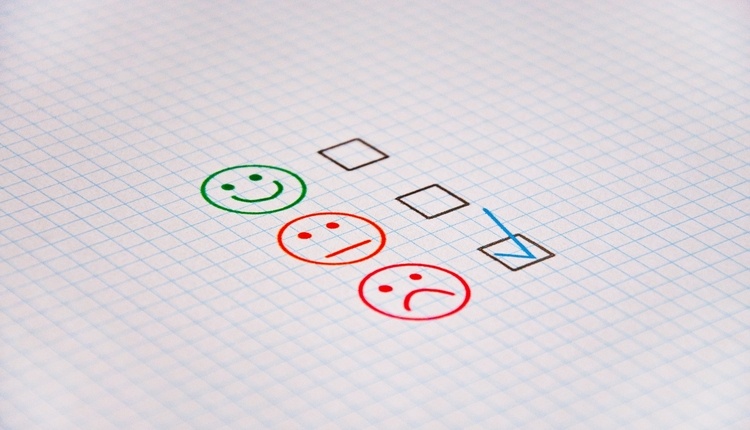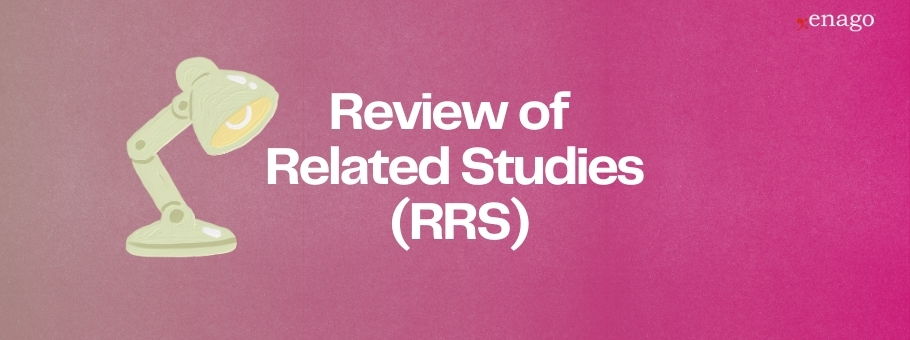Can Reviewer Comments Have a Negative Impact on STEM?

As a young researcher, in my first postdoc job, every article I published meant a big deal. As every researcher knows, just getting the article ready takes a lot of time and effort. If one of my papers got as far as peer review, I would wait anxiously for the outcome. I would read all the peer review comments very carefully, and do my best to answer them.
Most of the comments I received were helpful and constructive. A few were less helpful, but still positive. Once, though, I received a peer review comment that was simply rude. Basically, the reviewer said that my work was worthless and a waste of time. This upset me. For a while, I lost confidence in my work. I did not feel motivated and even decided not to apply for a new job that I had been considering.
However, I have since found out that I am far from alone in receiving rude reviewer comments.
How Common are Rude Comments?
Recently, I came across a study that suggested that several researchers have faced this issue with peer reviewers. A new study in PeerJ surveyed 1106 scientists from 46 countries. The researchers covered 14 disciplines. Participants in the study were kept anonymous.
More than half of the scientists said they had received at least one “unprofessional” peer review comment. Most had received more than one. This is so common that there is even a Facebook group, with 25,000 members, for discussing the problem!
Unprofessional comments include those that are not constructive, include personal attacks, or are just too harsh. For example, one researcher with a Spanish surname received a comment that said the reviewer had not even bothered to read the article, because they had assumed the English would be bad.
Are Rude Comments Damaging?
As I found out, such comments can actually damage the confidence of researchers, or even hinder their career. However, according to the PeerJ study, not everyone reacts the same way to rude comments. White male researchers were found to be most able to “brush off” rude comments. On the other hand, women, people of colour and minority groups were more likely to feel self-doubt as a result of rude comments. The reviews were also more likely to harm their scientific productivity.
As one psychologist explained, these groups of people likely already suffer from negative stereotypes. For example, that they are less intelligent or less good at science. When these people receive rude reviews, it boosts the stereotype and can lead to self-doubt (even though, of course, these views are wrong.)
Gender bias in academia is not an unknown fact. Previous studies have found that, on average, men have 40% more publications than women. In some fields, women can take 2.5 times as long as men to achieve the same number of publications. The ways in which unprofessional reviews affect men and women could help to explain this difference.
The PeerJ study did find that researchers from all backgrounds are equally likely to receive rude or unprofessional comments. This suggests that there is no single reason for the problem.
Rude Reviews Harm ESL Researchers
ESL researchers might be some of the most at risk from rude reviews. As mentioned, sometimes a reviewer will see a name that appears to be from a non-English speaking country, and assume the English of the article will be poor. In one case, a researcher based in Mexico received reviews that criticized her language. When she moved to a college in the US, she no longer received such reviews.
Is there a negative view of ESL researchers? Other studies have found that most peer reviewers are in the US and other English-speaking countries. It is possible that some of these reviewers might assume that a paper written by an ESL researcher will have poor English.
This does not mean that reviewers should not comment on language, however the presentation matters. In fact, this can be helpful, provided the comments are constructive. For example, instead of writing, “This sentence does not make any sense,” a reviewer could say, “I cannot understand what the authors are trying to communicate here.” In case the English really is so bad that a reviewer cannot check the science being discussed, they should contact the editor of the journal immdediately instead of putting offensive comments.
Tackling the Problem
The authors of the PeerJ study hope that publishing peer review reports can be one of the ways to stop unprofessional review comments. Some journals already publish (anonymous) peer review reports with the final paper. The study found that such journals receive very few unprofessional reviews. Perhaps reviewers are more careful when they know their reviews will be published.
Some researchers support “open peer review.” This is when peer reviewers are named, either during the process or at the end of it. This system has been shown to improve the quality of peer reviews. However, some believe this type of peer review is harmful to early-career researchers, as they could suffer if they criticize the work of senior scientists while reviewing their papers.
An alternative is “double-blind” peer review. This is when neither the author nor the reviewers know each other’s identity. This system could particularly help ESL researchers and other groups who are the victim of reviewers’ prejudice.
Journals could help by having clear guidelines for reviewers and editors. Editors should be able to reject unprofessional reviews.
Author’s Opinion
In my opinion, it needs to be made clear to reviewers that their most important job is to comment on the science of an article. Editors should state any other aspects that should be reviewed, such as the language. Journals should also make it clear that reviews which contain personal attacks or other unprofessional content will not be accepted. Peer reviewers who submit more than one unprofessional review to a journal could be “blacklisted,” i.e. not asked to review again.
Peer review is a crucial part of academic publishing. By writing rude reviews, peer reviewers risk damaging the career prospects of other researchers, which will harm the whole scientific community.
Have you ever received rude peer review comments? How did it affect you? What do you think should be done about the problem? Share your thoughts and experiences in the comments below.









